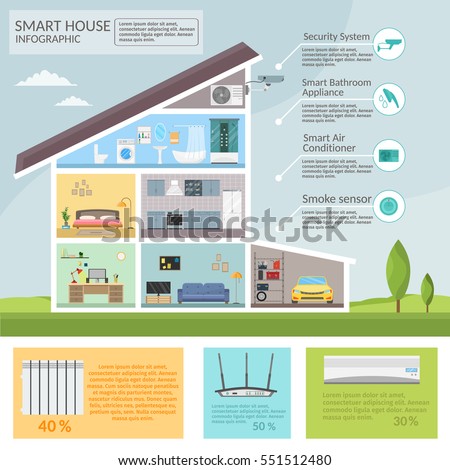Checking Out The Environmental Benefits Of Heat Pumps - A Lasting Home Heating Remedy
Checking Out The Environmental Benefits Of Heat Pumps - A Lasting Home Heating Remedy
Blog Article
Article Composed By-Barry Strand
In a period where sustainability and energy performance are vital, numerous companies look for environment-friendly home heating solutions. One such option is the heatpump.
pop over to this site draws out the warm in its environments and pumps it into your home, leading to one of the most efficient eco-friendly central heating unit around. This process additionally produces absolutely no greenhouse gas discharges, making it an extremely sustainable innovation.
Power Efficiency
Heat pumps are very power effective and need little upkeep. They make use of much less power than various other furnace and are without a doubt the most environmentally friendly. They work well with roof solar and can usually pay for themselves in energy cost savings alone.
They can additionally provide air conditioning, which is terrific for garage workshops, attic hangouts and perk spaces, and home enhancements without prolonging the existing ductwork. They can even be utilized for retrofits in existing homes with hydronic (water-based) distribution systems such as reduced temperature level radiators or radiant floors.
Look for designs with SEER and HSPF ratings that satisfy or surpass copyright's minimum standards, as well as the standards in your region. Greater ratings mean greater effectiveness, which saves you cash in the future and lowers your carbon impact. You might also qualify for rebates and rewards! Suggested Site are those with a ground heat exchanger for added efficiency. https://docs.google.com/spreadsheets/d/1QamJmgvCoo2gPNMF6CLm1hIOPmKaJ4V4g2VF7xUhWbQ/edit?gid=905340785#gid=905340785 can take in thermal energy from the ground during the winter months and extract it in the summer season.
Decreased Greenhouse Gas Emissions
Heat pumps work on electrical energy and basically move warm from the air, also when it's chilly outside. They are able to remove the cost-free warmth trapped in air bits and relocate them inside your home, decreasing humidity while doing so.
Contrasted to gas heaters, modern-day heat pumps make use of less than one kilowatt of electricity per kilowatt of home heating power they create. This makes them one of the most energy efficient heating option available with a POLICE OFFICER (Coefficient of Efficiency) of 4 or more. By reducing the need for fossil fuels, heatpump help in reducing greenhouse gas emissions and reduce various other major air pollutants.
Building decarbonization is a global important, and the cooling and heating sector is a vital vehicle driver of that procedure. Whether it's investor making net no commitments, plan manufacturers establishing emissions limits, or tenants requiring greener areas, electric heat pumps are being acknowledged as a vital solution. They are a cost-effective way to minimize carbon exhausts by removing the need for fossil fuels in structures.
Convenience
Heat pumps can be made use of in numerous sorts of homes and structures-- with or without ducts. They work with hot-water radiators, air-conditioning and programmable thermostats. They can change furnaces or be installed in new residences. They can operate on solar panels, geothermal systems or perhaps area home heating sources like wastewater.
They're terrific at delivering more heat per power device. For example, an air-source heat pump generates as much as three or more home heating devices from each electricity unit it eats.
Obtaining the most from your heatpump will certainly depend upon your climate area and top quality of insulation. Search for versions with ENERGY STAR scores and contrast their SEER or HSPF specifications. In warmer climates, concentrate on SEER; in chillier regions, think about a system with a higher HSPF ranking. On top of that, invest in air sealing and insulation to reduce the lots on your heatpump. That will improve power effectiveness and assist you reach your Net Zero goals much faster.
Biomass Boilers
Biomass boilers use wood pellets, chips or logs to develop heat and hot water. They are a good selection for off-grid homes or those who intend to leave the gas grid.
As a standalone heating unit, biomass can offer adequate power to maintain your home warm all year round without the typical warmth drop off of various other eco-friendly innovations. They can additionally be utilized together with solar panels to increase savings and take advantage of RHI settlements.
A disadvantage of these systems is the in advance expense and routine gas distributions. Usually, pellets will require to be blown into a fuel shop utilizing a vacuum system or they can be by hand fed right into the central heating boiler via a receptacle. Logs are commonly self-sourced from nearby forest or bought in bulk. As well as this, they require hand-operated loading and might require cleaning often.